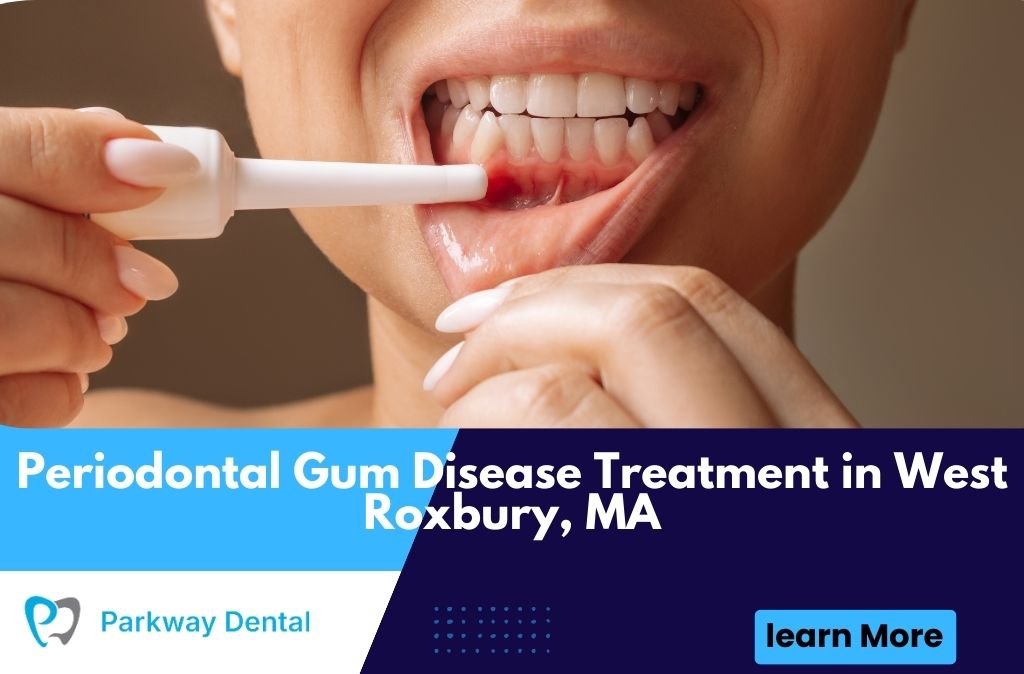Wisdom teeth, also known as third molars, typically emerge between the ages of 17 and 25. They often cause questions and concerns regarding their removal. In this comprehensive guide, we will explore when wisdom teeth removal is necessary, signs indicating the need for extraction, and the reasons behind these dental decisions. By understanding the signs and symptoms associated with wisdom teeth, you can make an informed choice about whether to undergo this procedure.
What Are Wisdom Teeth?
Wisdom teeth are the last set of molars located at the very back of your mouth. They usually appear in late adolescence or early adulthood. While some individuals have enough space in their mouths to accommodate these extra teeth, others may experience complications. The need for wisdom teeth removal arises when these complications occur.
When is Wisdom Teeth Removal Necessary?
Wisdom teeth removal is necessary when the third molars cause problems or have the potential to lead to future issues. This decision is typically based on a combination of factors, including symptoms, the position of the teeth, and overall oral health. Here are some key situations that may necessitate removal:
- Impaction: When wisdom teeth do not fully emerge from the gum line, they can become trapped or “impacted” in the jawbone. This can lead to discomfort, infection, or damage to neighboring teeth.
- Crowding: If there is insufficient space in the mouth, wisdom teeth may cause crowding of existing teeth, affecting alignment and bite.
- Decay or Infection: Partially erupted wisdom teeth can be difficult to clean, increasing the risk of tooth decay and gum infections.
- Cysts or Tumors: Occasionally, wisdom teeth can lead to the formation of cysts or tumors in the jawbone, which may require removal to prevent further complications.
Signs You Need to Remove Wisdom Teeth
Identifying the signs that you need to remove wisdom teeth is crucial for preventing serious dental issues. Common signs you need to remove wisdom teeth include:
- Pain: Persistent or severe pain at the back of your mouth can indicate that wisdom teeth are causing problems.
- Swelling: Swelling around the jaw or gums may be a sign of infection or impaction.
- Redness or Bleeding: Inflammation or bleeding of the gums around wisdom teeth could signal issues such as infection or gum disease.
- Difficulty Opening Mouth: If you experience difficulty in fully opening your mouth, it may be due to the pressure from impacted wisdom teeth.
Wisdom Teeth Extraction Indications
Wisdom teeth extraction indications are conditions or symptoms that suggest the need for removal. These can include:
- Impacted Wisdom Teeth: Teeth that do not fully emerge or grow at an angle can cause pain and other complications.
- Misalignment: When wisdom teeth affect the alignment of other teeth or bite, extraction may be necessary to prevent further dental issues.
- Frequent Infections: Recurrent infections or gum disease related to wisdom teeth can indicate the need for extraction to maintain oral health.
- Cysts or Abscesses: The formation of cysts or abscesses in the area surrounding wisdom teeth can necessitate their removal.
Why Might You Need Wisdom Teeth Removed?
Understanding why you might need wisdom teeth removed involves recognizing the potential problems these teeth can cause. The primary reasons include:
- Preventive Care: Removing wisdom teeth before they cause significant problems can prevent future dental issues, such as infections or damage to adjacent teeth.
- Orthodontic Treatment: Wisdom teeth can interfere with orthodontic work or cause misalignment, necessitating removal to maintain the results of orthodontic treatment.
- Overcrowding: When there is not enough space in the jaw, wisdom teeth can push other teeth out of alignment, leading to overcrowding and bite issues.
Symptoms of Impacted Wisdom Teeth
Symptoms of impacted wisdom teeth can vary but generally include:
- Localized Pain: Pain at the back of the mouth, often described as throbbing or sharp, may indicate impaction.
- Swelling and Tenderness: Swelling of the gums or jaw around the wisdom teeth can be a sign of impaction or infection.
- Difficulty Eating: Pain or discomfort while eating may be due to impacted wisdom teeth.
- Bad Breath: Persistent bad breath may be related to infection or decay around impacted wisdom teeth.
When Should Wisdom Teeth Be Extracted?
When should wisdom teeth be extracted is a common question, and the timing can vary based on individual circumstances. Generally, extraction is considered when:
- Early Detection: It is often recommended to remove wisdom teeth during late adolescence or early adulthood before complications develop.
- Symptomatic: If wisdom teeth cause symptoms such as pain or infection, extraction should be considered to alleviate these issues.
- Dental Evaluation: Regular dental check-ups can help determine if and when extraction is necessary based on X-rays and oral exams.
Dental Issues Requiring Wisdom Teeth Removal
Several dental issues requiring wisdom teeth removal can include:
- Severe Decay: If wisdom teeth are severely decayed and cannot be restored, extraction may be necessary.
- Gum Disease: Advanced gum disease associated with wisdom teeth can lead to the need for removal to prevent further oral health problems.
- Damage to Adjacent Teeth: Wisdom teeth that cause damage or displacement of neighboring teeth may need to be removed.
Is Wisdom Teeth Removal Required for Everyone?
Is wisdom teeth removal required for everyone is a question with a nuanced answer. Not everyone needs to have their wisdom teeth removed. The necessity depends on factors such as:
- Individual Dental Health: Some individuals have sufficient space for wisdom teeth to emerge and function without issues.
- Current Symptoms: If wisdom teeth do not cause pain, discomfort, or other problems, removal may not be necessary.
- Future Risks: Dentists may recommend removal as a preventive measure to avoid potential future complications.
Determining whether wisdom teeth removal is necessary involves assessing various factors, including symptoms, dental health, and potential complications. Regular dental check-ups and consultations with your dentist can help you make an informed decision about whether to proceed with extraction.
If you have concerns about your wisdom teeth or need expert advice, Parkway Dental in West Roxbury, MA, is here to help. We offer a range of dental services to address your needs and ensure your oral health is in top condition. Contact us today to schedule an appointment and discuss your options for wisdom teeth removal.




